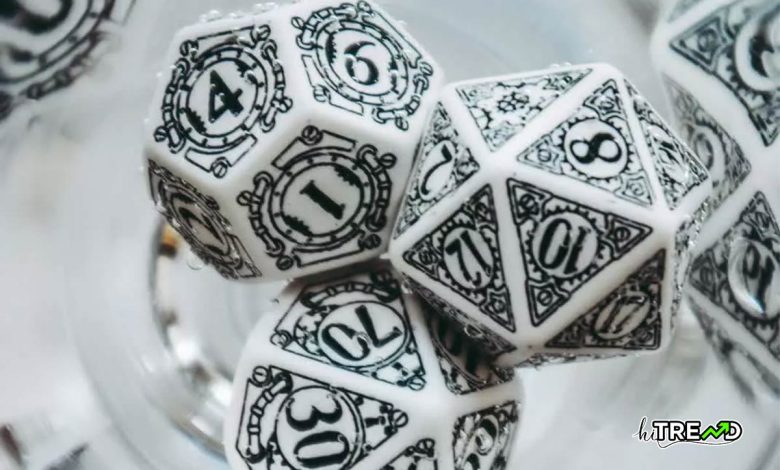
Why it matters: Treatment approaches for individuals on the autism spectrum have evolved in recent years, with advancements in neuroscience and behavioral psychology paving the way for more personalized and effective interventions. Now, a study adds a new dimension to this growing body of knowledge that will resonate with tabletop gaming enthusiasts. Research has revealed that playing Dungeons & Dragons can significantly improve social skills in people with autism.Study finds that Dungeons & Dragons enhances social skills for autistic players
With millions of players worldwide engaging
in epic quests and imaginative storytelling, Dungeons & Dragons (D&D) has transcended its tabletop origins to become a global pastime. A new study suggests that the game may also offer unique benefits for individuals on the autism spectrum.
Researchers from the University of Plymouth, Edge Hill University, and Dalarna University in Sweden have found that D&D provides a safe and structured environment for adults with autism to interact socially. The study, published in the journal Autism, explored how participating in D&D scenarios could impact the social experiences of autistic individuals.
Over six weeks, a group of autistic adults engaged in D&D sessions under the guidance of a game master. Following the gameplay, participants were interviewed about their experiences and how they felt their autism affected their interactions within the game.
They spoke at length about their social desires, motivations, and challenges, such as a lack of confidence in their communication skills and insecurities about how others would perceive them. This, they said, often resulted in them hiding autistic traits.
You can read more Technology articles
D&D offered them a reprieve from these pressures by providing a friendly environment where they could bond quickly with fellow players. This shared experience allowed them to relax and contribute to group interactions without feeling pressured to mask their autistic traits.
Players also revealed they could incorporate aspects of their in-game characters into their real-life personas, which helped them view themselves differently outside of the game. The game’s emphasis on imagination and creativity also challenges the misconception that autistic individuals lack these qualities.
Dr. Chloe Atherton and Dr. Liam Cross,
lecturers in Psychology at the University of Plymouth and senior authors of the study, have been investigating the impact of gaming on individuals with autism for years. Their research suggests that structured games like D&D can alleviate the anxiety often associated with social uncertainty.Study finds that Dungeons & Dragons enhances social skills for autistic players
“There are many myths and misconceptions about autism, with some of the biggest suggesting that those with it aren’t socially motivated or don’t have any imagination,” said Atherton.

“Dungeons & Dragons goes against all that
, centering around working together in a team, all of which takes place in a completely imaginary environment. Those taking part in our study saw the game as a breath of fresh air, a chance to take on a different persona and share experiences outside of an often challenging reality. That sense of escapism made them feel incredibly comfortable, and many of them said they were now trying to apply aspects of it in their daily lives.”Study finds that Dungeons & Dragons enhances social skills for autistic players
Other research supports these findings, including a recently published study showing that those with autism enjoy board games because they relieve the pressure to make small talk.
Also, many therapists report anecdotal evidence that D&D has a positive impact on individuals with autism. As evidence mounts about the game’s therapeutic potential, mental health professionals and educators are increasingly integrating D&D into their treatment plans and support programs. It is part of a broader movement toward creating innovative strategies that more effectively meet the needs of individuals on the autism spectrum.
Follow HiTrend on X





